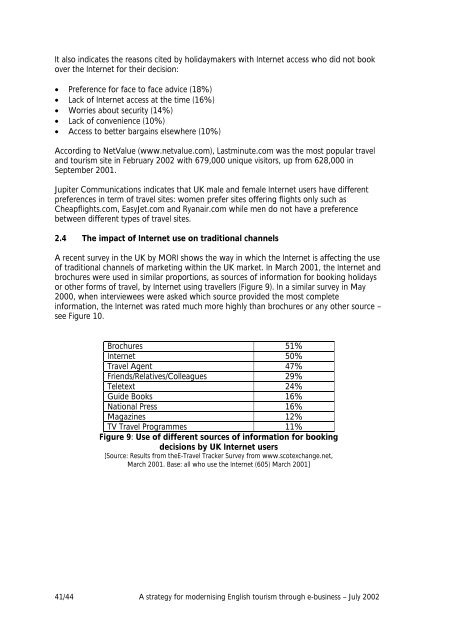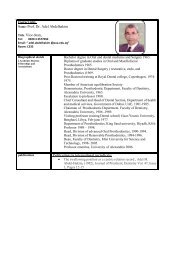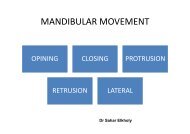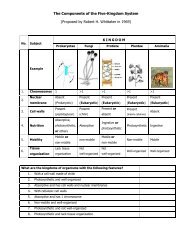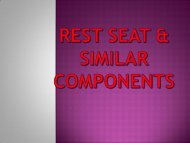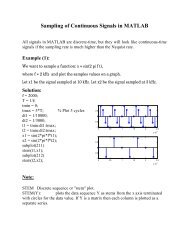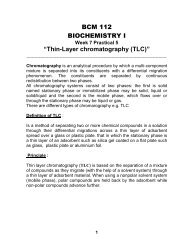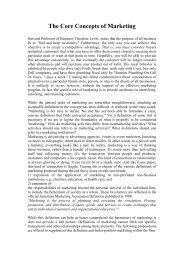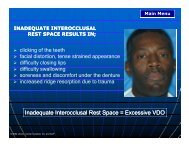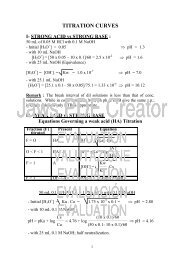E-tourism in England a strategy .pdf
E-tourism in England a strategy .pdf
E-tourism in England a strategy .pdf
You also want an ePaper? Increase the reach of your titles
YUMPU automatically turns print PDFs into web optimized ePapers that Google loves.
It also <strong>in</strong>dicates the reasons cited by holidaymakers with Internet access who did not book<br />
over the Internet for their decision:<br />
• Preference for face to face advice (18%)<br />
• Lack of Internet access at the time (16%)<br />
• Worries about security (14%)<br />
• Lack of convenience (10%)<br />
• Access to better barga<strong>in</strong>s elsewhere (10%)<br />
Accord<strong>in</strong>g to NetValue (www.netvalue.com), Lastm<strong>in</strong>ute.com was the most popular travel<br />
and <strong>tourism</strong> site <strong>in</strong> February 2002 with 679,000 unique visitors, up from 628,000 <strong>in</strong><br />
September 2001.<br />
Jupiter Communications <strong>in</strong>dicates that UK male and female Internet users have different<br />
preferences <strong>in</strong> term of travel sites: women prefer sites offer<strong>in</strong>g flights only such as<br />
Cheapflights.com, EasyJet.com and Ryanair.com while men do not have a preference<br />
between different types of travel sites.<br />
2.4 The impact of Internet use on traditional channels<br />
A recent survey <strong>in</strong> the UK by MORI shows the way <strong>in</strong> which the Internet is affect<strong>in</strong>g the use<br />
of traditional channels of market<strong>in</strong>g with<strong>in</strong> the UK market. In March 2001, the Internet and<br />
brochures were used <strong>in</strong> similar proportions, as sources of <strong>in</strong>formation for book<strong>in</strong>g holidays<br />
or other forms of travel, by Internet us<strong>in</strong>g travellers (Figure 9). In a similar survey <strong>in</strong> May<br />
2000, when <strong>in</strong>terviewees were asked which source provided the most complete<br />
<strong>in</strong>formation, the Internet was rated much more highly than brochures or any other source –<br />
see Figure 10.<br />
Brochures 51%<br />
Internet 50%<br />
Travel Agent 47%<br />
Friends/Relatives/Colleagues 29%<br />
Teletext 24%<br />
Guide Books 16%<br />
National Press 16%<br />
Magaz<strong>in</strong>es 12%<br />
TV Travel Programmes 11%<br />
Figure 9: Use of different sources of <strong>in</strong>formation for book<strong>in</strong>g<br />
decisions by UK Internet users<br />
[Source: Results from theE-Travel Tracker Survey from www.scotexchange.net,<br />
March 2001. Base: all who use the Internet (605) March 2001]<br />
41/44 A <strong>strategy</strong> for modernis<strong>in</strong>g English <strong>tourism</strong> through e-bus<strong>in</strong>ess – July 2002


